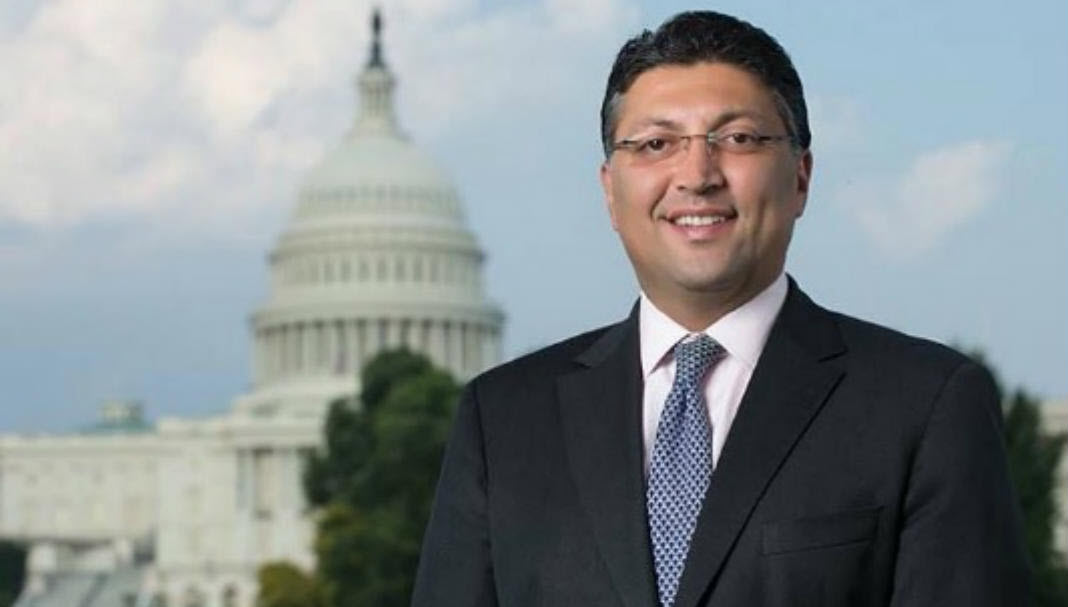DOJ's Delrahim Pledges to Speed Merger Reviews

The smarter way to stay on top of broadcasting and cable industry. Sign up below
You are now subscribed
Your newsletter sign-up was successful
Department of Justice antitrust chief Makan Delrahim says he is not "unilaterally disarming" his division, but that he is taking a number of reforms to speed the merger review process.
"Provided that the parties expeditiously cooperate and comply throughout the entire process, we will aim to resolve most investigations within six months of filing," he said in a speech Tuesday at the 2018 Global Antitrust Enforcement Symposium. For comparison, in 2017, "significant" merger reviews took, on average, 10.8 months to resolve, he said.
To cut that timeline to six months, Justice is inviting parties to meet early with its antitrust team. "We want to understand their deal rationale and any other facts they believe will be important to our analysis," he said.
But there are many more reforms, which he enumerated. They include:
- Publishing a sample voluntary request letter, to give the parties a sense of what key deal information DOJ needs.
- Publishing a model timing agreement, a process for speeding the mechanism by which parties comply with info requests and DOJ analyzes the deal, and reforming those agreements, including fewer depositions.
- Updating the 2011 guide to merger remedies, which in the meantime is being withdrawn (the 2004 guide will be followed until the update).
- Release statistics on how long it is taking to review mergers, including the average duration of investigations following second requests for info, and the time between the opening of an investigation and its early termination or closing of the investigation.
But Delrahim indicated the reform door needs to swing both ways. He said DOJ would expect the following from merging parties:
- Faster and earlier production of documents.
- Earlier production of data.
- No more of what he called "privilege log gamesmanship," which he said is parties trying to game the process by withholding large numbers of documents as privileged, then dumping them on DOJ later in the process. "While some of the de-privileged documents might be close calls, most never should have been withheld in the first place."
- A longer post-complaint discovery period.
"Delay is a form of uncertainty and risk, and we should seek to remove it from the merger-review process whenever possible," Delrahim said. But added to the disarming point: "We will never compromise our ability to enforce the law effectively."
Communications companies were unlikely to have assumed Delrahim was unilaterally disarming, given his division's muscular oversight of the Sinclair-Tribune deal, which ultimately cratered, and its suit to block AT&T/Time Warner.
The smarter way to stay on top of broadcasting and cable industry. Sign up below
Contributing editor John Eggerton has been an editor and/or writer on media regulation, legislation and policy for over four decades, including covering the FCC, FTC, Congress, the major media trade associations, and the federal courts. In addition to Multichannel News and Broadcasting + Cable, his work has appeared in Radio World, TV Technology, TV Fax, This Week in Consumer Electronics, Variety and the Encyclopedia Britannica.

